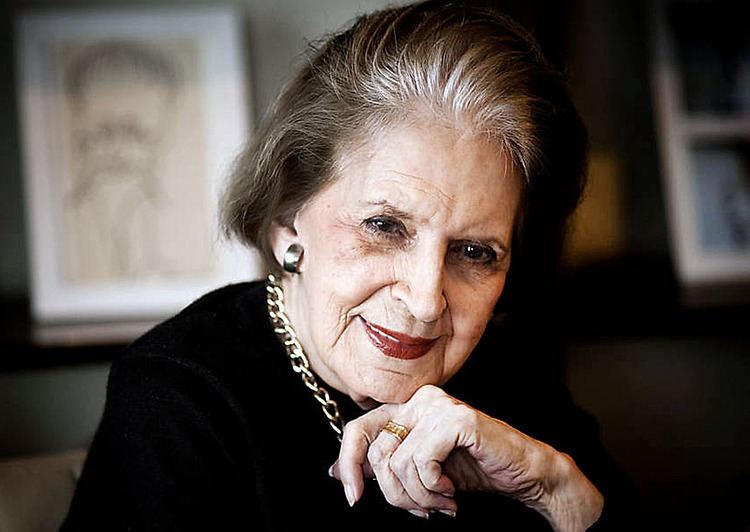Skopas
by Jamie Quatro
At the café in Little Rock, lantana blossoms dangle from pots, quivering in a breeze I pretend is coming from some shore behind me. Santa Barbara, say. Westmont University, say. Pacific wide with possibility, you will be good, you will do good things in the world, back when I and the boy who would four years later die of lymphoma drove to Malibu and held one another inside a rolled-up blanket on Westward Beach. Wow, your quadriceps are amazing, he’d said in the middle of our record Smash Ball volley, and I wanted to say something in return, something about his pectorals, but what I said inside the blanket was It would be so easy, meaning cheat on my fiancé, or maybe just kiss. Easy to walk away from everything waiting on the other side of his response (we can’t, your wedding’s in two months), the husband I wouldn’t fall in love with until years after our wedding, who said, on our third anniversary, I know you’re unhappy, I know you felt trapped into marrying me, let’s see a therapist, half of each of our children still waiting inside me: the daughter who, at eighteen, would marry a man twelve years her senior, the son who would lose six adult teeth in a skateboarding accident, and the youngest, the high-cheekboned, Juilliard-trained beauty who could sustain such high, pure notes even seasoned conductors would stop rehearsals to gather themselves.
After the beach, the boy and I drove up the coast to my apartment and sat with our backs to the sea-facing windows, flung wide to admit the breeze, cool on my damp hair, and he told me he loved me—real, true love—and wanted to be the one to marry me, not yet but someday, and then, his hands on my quadriceps, he asked me to cancel the wedding. We had sex right there on the carpet. I think of that girl now, picking up her strewn bikini and shorts and T-shirt, saying what she believed was the right thing. Can’t cancel. Won’t. But what if the universe is self-correcting? What if the husband and children she has now would have come to her anyhow, eventually, what if she could have had that boy and her long marriage without resentment, or longing? The boy hightailed it home to Texas. Took exams long-distance, didn’t walk at graduation, where his best friend pulled me aside and said, formally, as if dictating for translation, It is not love, it is only lust. And four years later, when I heard the boy died, I wrote a letter to his mother. Wept for an hour. And then his importance receded and he became simply the first of many hypothetical lives. Like that Gilbert poem about the ancient sculptor, the remaining chinks on plinths, each an indication of how his figures might have stood.































